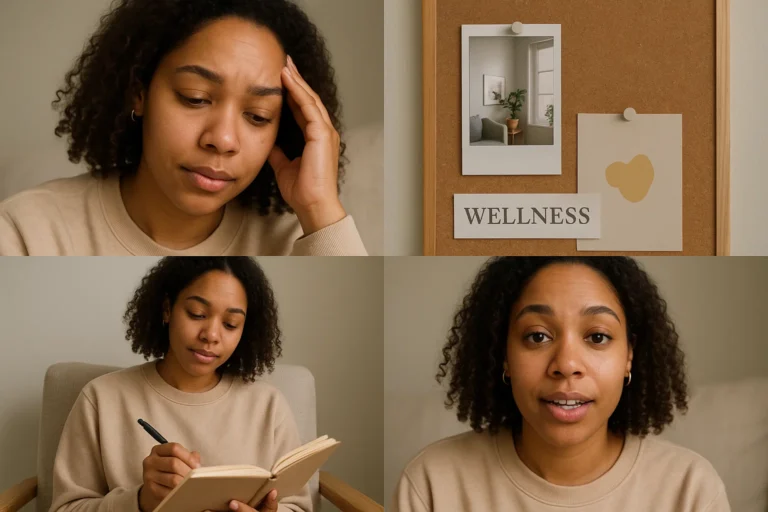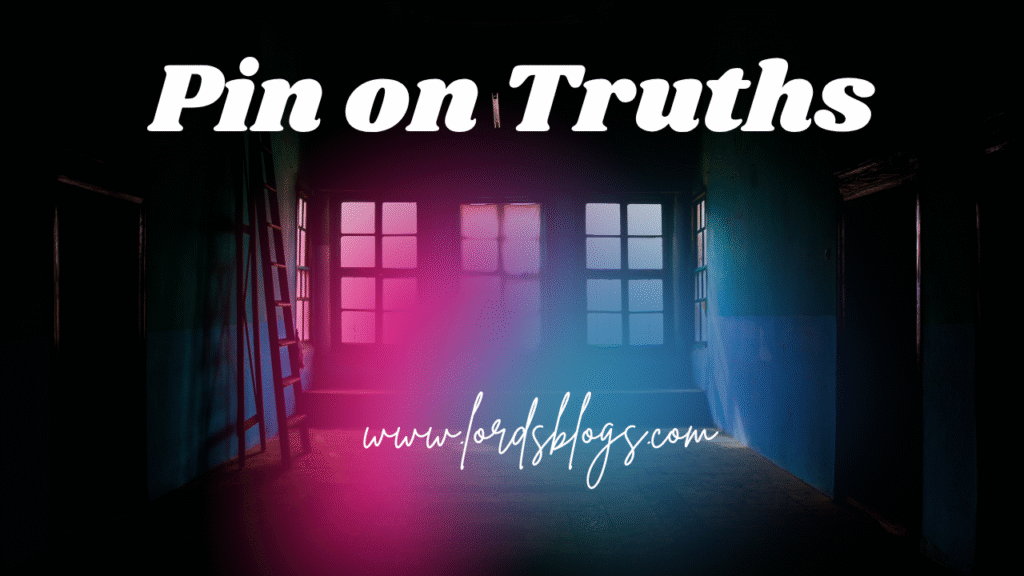Introduction:
In a world overflowing with filtered realities and curated perfection, it’s easy to lose touch with what’s real. Many individuals, especially those consuming daily content online, often struggle with mental and physical health due to misleading portrayals of life. The problem? Aesthetic over awareness. The solution? A shift toward honest narratives, wellness-focused dialogues, and authentic storytelling—truths worth pinning.
But what if the solution lies in using platforms like Pinterest and Instagram not just for Awareness Aesthetic, but also to spark real conversations around mental stability, self-checks, and emotional growth?
This article explores how content creators and readers alike can anchor their online presence in truth while promoting mental check-ins, wellness checks, and holistic well-being. It answers the key question: How can social platforms shift from aesthetic trends to meaningful, health-conscious communication?
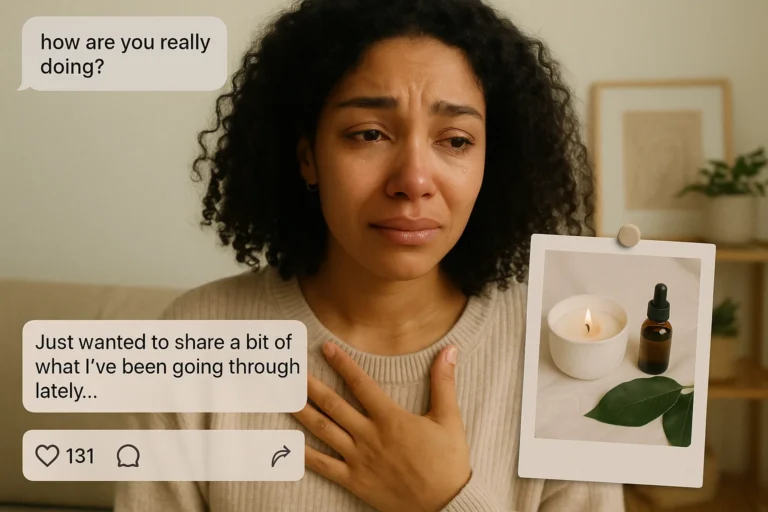
The Rise of "Aesthetic Culture" vs. Awareness Aesthetic
Over the past decade, the digital space has witnessed an explosion of content built on curated visuals and perfection. Hashtags like #aesthetic, #bliss, and #morningroutine have replaced honest captions and daily truths. While aesthetically pleasing posts may draw attention, they often fail to foster meaningful awareness.
That’s where the concept of Awareness Aesthetic comes in—a movement encouraging creators to maintain visual beauty while still promoting real conversations. According to the Journal of Mental Health (2023), prolonged exposure to idealized content can negatively impact self-esteem and fuel anxiety. Counterbalancing that with truth-based content can improve users’ perception of their own lives.
Truth-driven pins or posts might not always look perfect, but they spark a sense of connection. A simple quote card on dealing with burnout or a visual list of health fair ideas could reach someone at a critical moment—proving that visuals can still serve deeper purpose.
“Truth-telling is the new aesthetic.” — a growing sentiment among wellness influencers.
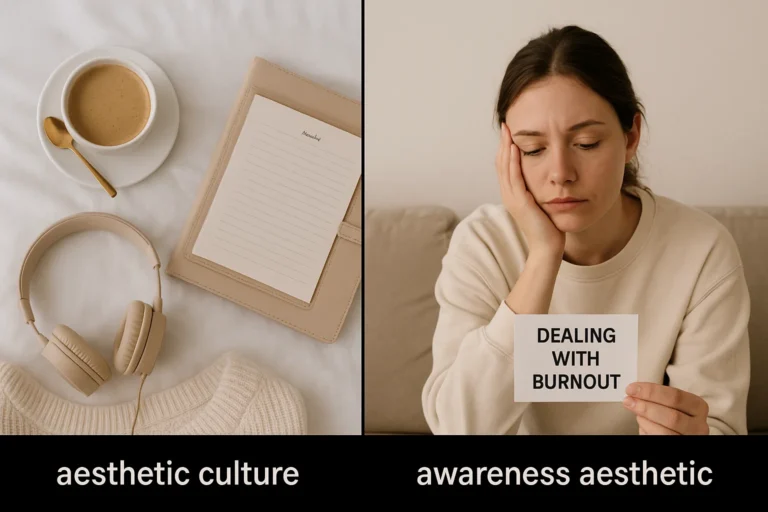
Why Sharing Health Posts and Mental Check-ins Matters
A wellness check doesn’t always have to be a formal questionnaire—it can be a casual prompt like, “Have you eaten today?” or “What’s one thing you’re grateful for?”. These kinds of health posts create a ripple effect, encouraging followers to reflect on their own state.
According to a 2024 study published by Mental Health America, regular digital check-ins from peers or influencers increase emotional regulation and self-awareness in young adults by over 37%.
Moreover, incorporating mental check-ins into daily content allows creators to shift from superficial updates to purposeful sharing. Here are a few ideas that work well:
- A carousel post titled “Working on Mental Health: 3 Things I Learned This Week”
- A Pinterest board labeled “Wellness Check Pins” filled with journal prompts
- Story stickers asking: How’s your mental energy today?
This kind of content has real-world value. It doesn’t just decorate a feed; it fosters community healing.
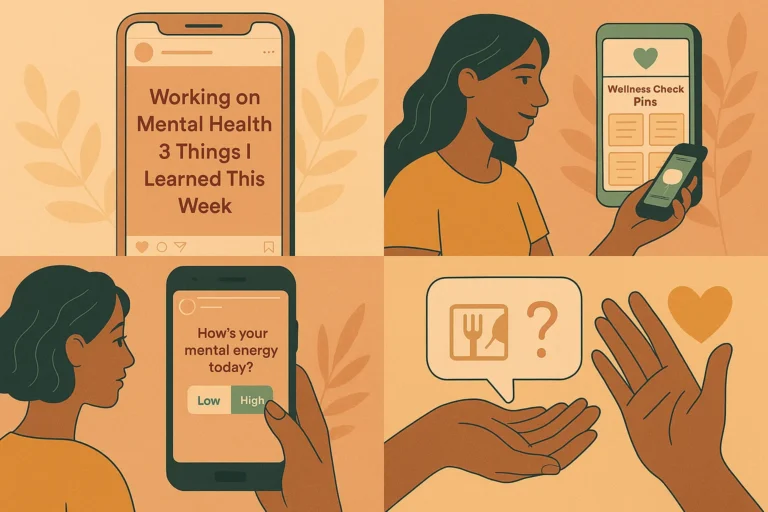
Creating a Pin on Truth: Authenticity and Mental Stability Online
The concept of a Pin on Truth involves posting something that may not fit the mainstream aesthetic but speaks truthfully to an emotional or mental state. Whether on Pinterest or Instagram, these posts are less about perfection and more about mental stability.
For example:
- A realistic photo with a caption: “I’m overwhelmed but learning to pause.”
- A side-by-side image comparison showing “Expectations vs Reality” of self-care routines
- A wellness thread that details what a real mental and physical health routine looks like for a busy person
Authentic content encourages relatability. As influencer @alex_mentaltruths says, “Your vulnerability is a lighthouse. Someone else might need that light today.”
Many creators are now using the hashtag #MentalStabilityMatters to share their real-life routines, therapy insights, and off-camera struggles—balancing beauty with honesty.
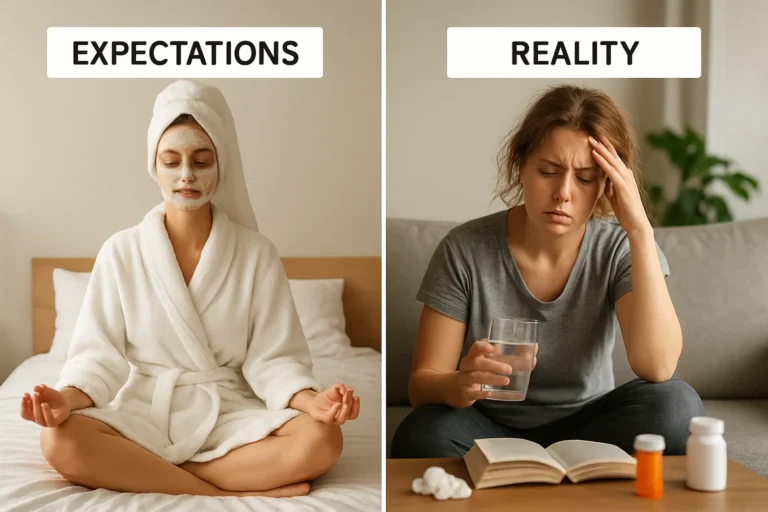
Mental Health Instagram Ideas That Actually Promote Wellness
If you’re looking to create content that nurtures instead of performs, here are some Mental Health Instagram Ideas tailored for growth-focused pages:
- 30-Day Wellness Challenge: Create a reel or pin for each day encouraging small, manageable habits (e.g., drink water, take a walk, journal).
- Self-Therapy Cards: Share one question each day designed for self-reflection.
- Before & After Posts: Not of body image, but of mental shifts (e.g., “Before therapy vs. after 3 sessions”).
- Mood Tracking Posts: Share how you’re feeling and encourage followers to comment their own check-ins.
These ideas don’t just increase engagement—they reinforce community building and working on mental health as a lifestyle rather than a trend.
Pinterest’s 2025 user trend report revealed that searches for “truthful mental health posts” and “real self-care routines” are up 67%, indicating that users crave authenticity more than ever.
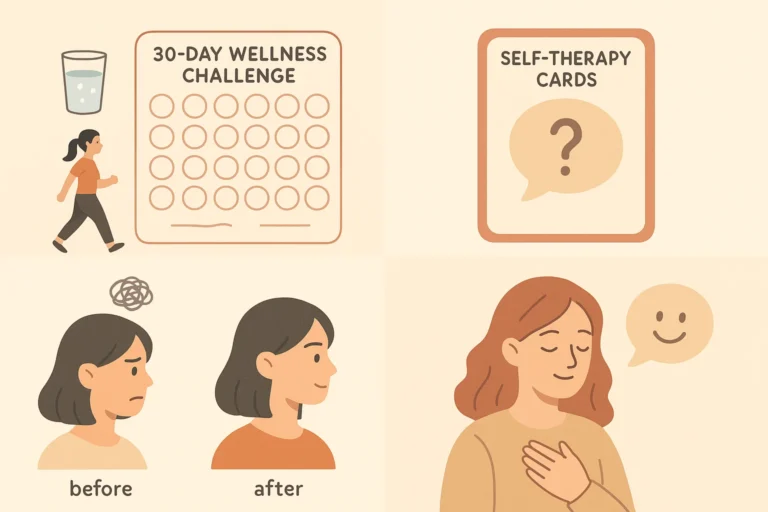
From Digital to Real: Implementing What You Share
It’s not enough to pin the truth—it must also reflect real change. That’s why many creators are aligning their online presence with health fair ideas, charity campaigns, and local mental wellness events. By blending the digital with the real, content becomes actionable.
Ways to bridge that gap include:
- Organizing a local wellness check pop-up inspired by Pinterest board content
- Hosting a virtual mental check-in circle using Zoom or Instagram Live
- Printing your “Pin on Truth” series as postcards and distributing them at health fairs or therapy clinics
One example is @truthwellnesspins, a Pinterest creator who now collaborates with therapy centers to provide printed versions of her mental health pins for waiting rooms.
Pinning a truth online is powerful—but helping others apply it offline is what creates legacy.
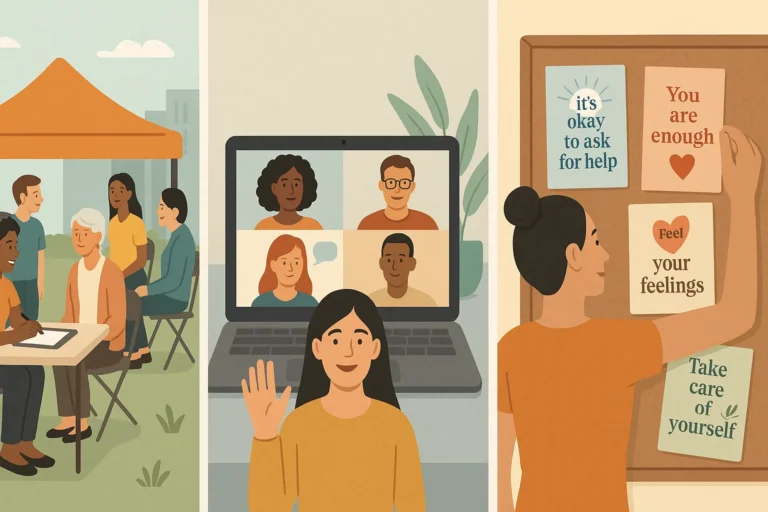
Conclusion: Truth Wins Over Trends
In the age of performative content, posting something real feels radical. But those who choose truth over trends are reshaping how health, wellness, and identity are portrayed online. Whether it’s a mental check-in, a wellness aesthetic, or a heartfelt story pinned with intention—it matters.
Truth-telling isn’t just a trend; it’s a responsibility. And as more creators take the leap into honest content, the online world becomes a little safer, more compassionate, and more human.
